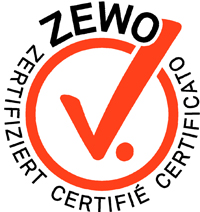World Day Against Child Labor is an important opportunity to raise awareness and mobilize the international community to put the spotlight on this issue, which still affects far too many children around the world. Committed to humanitarian action in sub-Saharan Africa since 1979, Morija’s projects take a cross-cutting approach, touching on several areas of life for disadvantaged populations. By improving school conditions, empowering women and supporting farming families. These combined efforts break the cycle of poverty and give children the chance to go to school, keeping them out of early labor and offering them prospects for the future.
Improving school conditions
One of the keys to eradicating child labor is ensuring equitable access to quality education. Every day, our teams in the field work to improve school conditions in disadvantaged communities in sub-Saharan Africa. This includes building and renovating school infrastructure (canteens, classrooms, latrines, etc.), supplying school supplies and training teachers. By developing healthy and safe learning environments, children perform better and are motivated to continue learning.
Empowering women through the Saving for Change (SFC) project
Empowering women is an important part of the fight against child labor. Through our micro-savings project, Saving for Change, we enable women to create a sustainable income-generating activity. By developing their business skills and facilitating access to financial services, Morija encourages their financial independence. This enables women to support their families without having to use their children as a source of income. The children can then devote themselves to school.
Improving sources of income for farming families thanks to Family Pasture Fields
Many farming families in sub-Saharan Africa depend on their fields for their livelihood. Thanks to the Bocage Family Fields project, Morija trains farmers in sustainable agricultural practices by promoting high value-added cultivation. Rural families’ incomes are thus improved. This approach allows rural families to support themselves without having to mobilize their children, enabling them to attend school and break the social glass ceiling.
By investing in education and development in sub-Saharan Africa, Morija fights against child labor and creates the right conditions for children to flourish.
You can support us by making a donation







